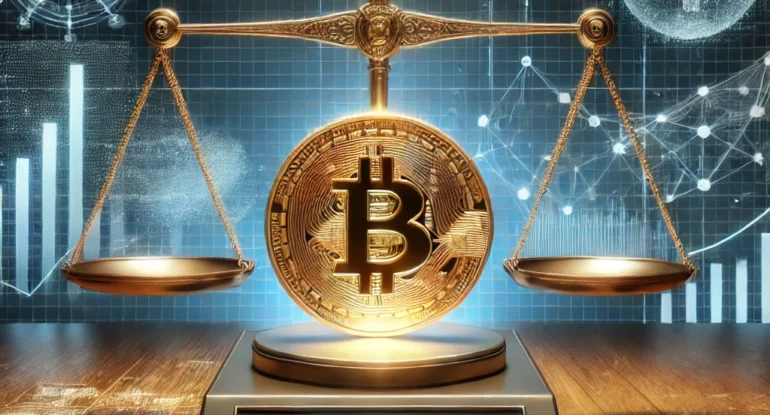Microsoft Shareholders to Vote on Bitcoin Investment Proposal

Microsoft shareholders are set to cast a critical vote on December 10 to determine whether the tech giant will include Bitcoin in its balance sheet. The proposal, submitted by the National Center for Public Policy Research, has sparked debate among stakeholders and the company’s board of directors, reflecting the growing intersection of traditional finance and digital assets.
A Divisive Proposal
The proposal, titled “Assessment of Investing in Bitcoin,” argues that Bitcoin serves as an effective hedge against inflation. However, Microsoft’s board has expressed reluctance to commit to the move, citing a need for broader deliberation. Board members emphasized that the company already has diverse investment options and cautioned against the speculative nature of Bitcoin.
The board’s stance echoes the views of Microsoft co-founder Bill Gates, who has been a vocal skeptic of Bitcoin, arguing that the asset lacks intrinsic value. The upcoming vote, however, provides an opportunity for shareholders to chart a different course, potentially aligning Microsoft with companies like MicroStrategy that have embraced Bitcoin.
The Stakes for Microsoft
A rejection of the Bitcoin proposal would position Microsoft as a notable outlier among corporations exploring digital asset investments. MicroStrategy, for example, has become a prominent Bitcoin advocate, holding 402,000 BTC valued at approximately $40 billion—representing around 2% of Bitcoin’s total supply. Tesla and El Salvador have also demonstrated substantial Bitcoin investments, showcasing significant unrealized gains.
Approval, on the other hand, could bolster Bitcoin’s reputation as a legitimate financial instrument for both individuals and institutions. Such a move could also signal a broader shift in corporate adoption of digital assets at a time when Bitcoin’s popularity and price are reaching new highs.
Bitcoin: Divisive Yet Resilient
The Bitcoin debate has polarized opinion in financial markets. Critics like Peter Schiff argue that Bitcoin is overly speculative and urge caution, while advocates like Robert Kiyosaki, author of Rich Dad Poor Dad, champion the asset as a hedge against economic uncertainty. Kiyosaki recently predicted Bitcoin would outperform traditional assets like gold and silver, a claim supported by Bitcoin’s recent surge past $100,000.
As shareholders prepare to vote, the outcome will have implications not just for Microsoft but for the broader adoption of Bitcoin as a mainstream financial asset. A positive decision could align Microsoft with the growing list of corporate Bitcoin holders, potentially reshaping perceptions of the digital currency’s role in modern finance.









